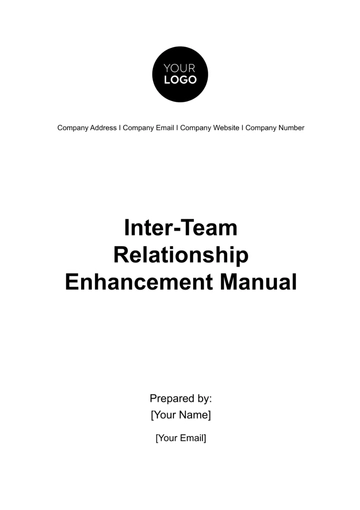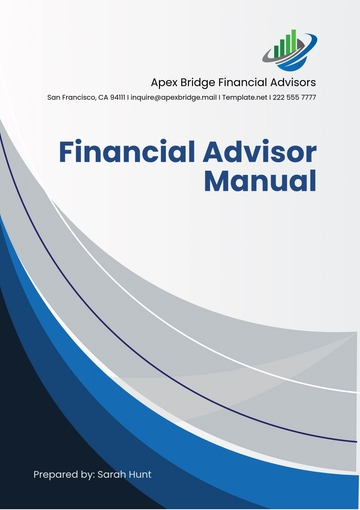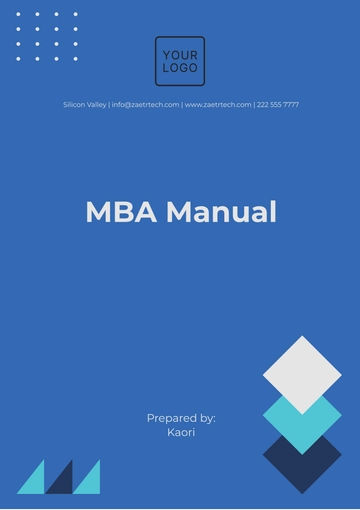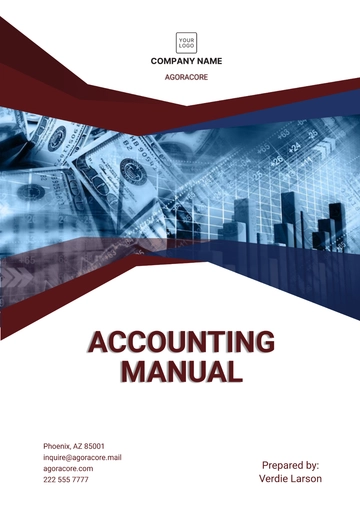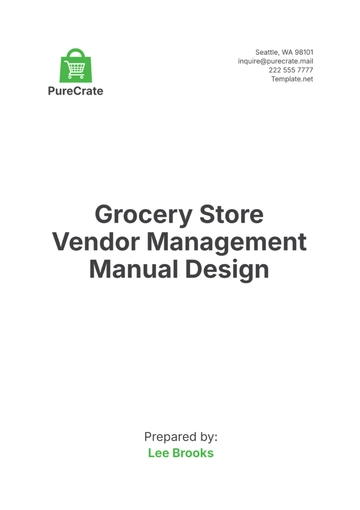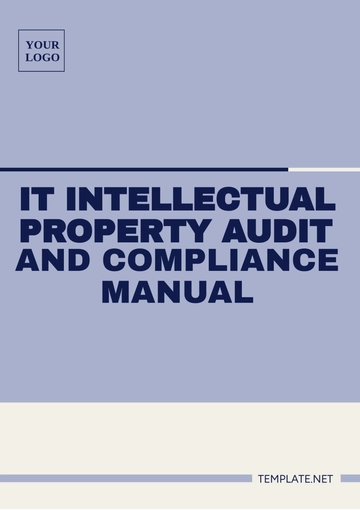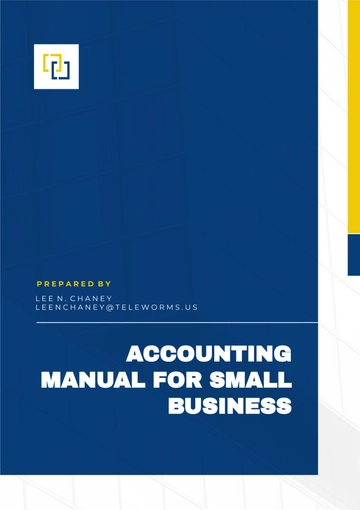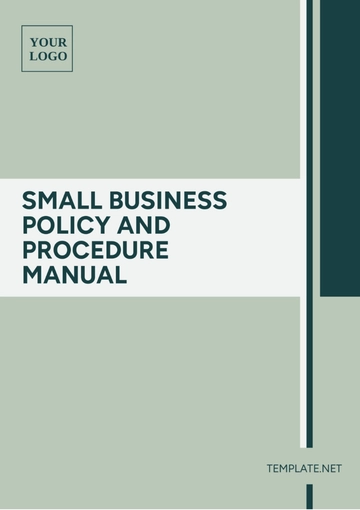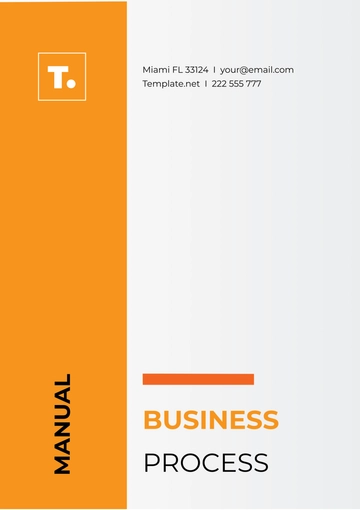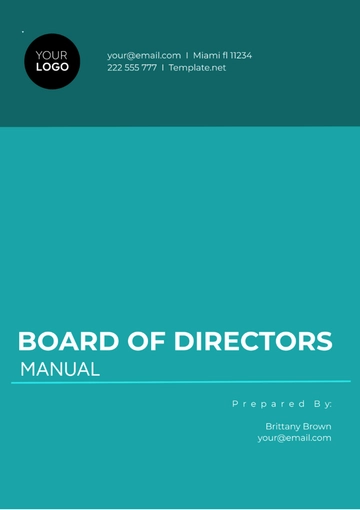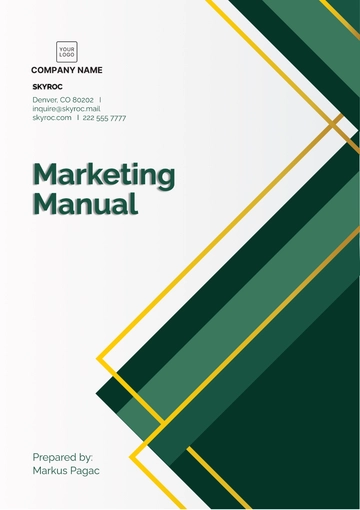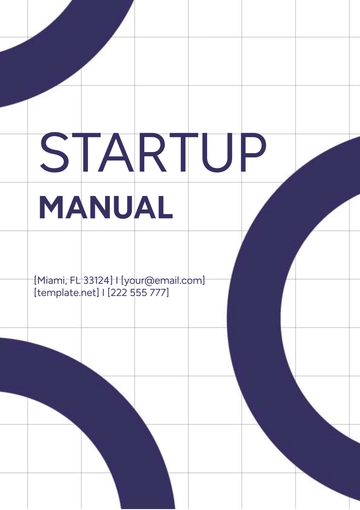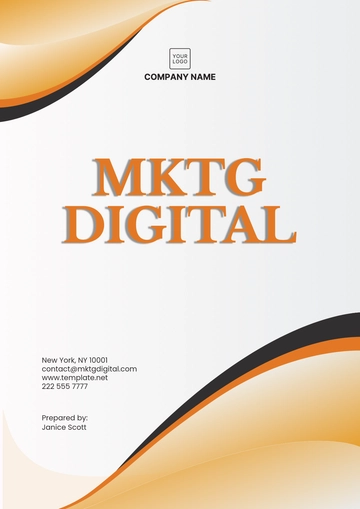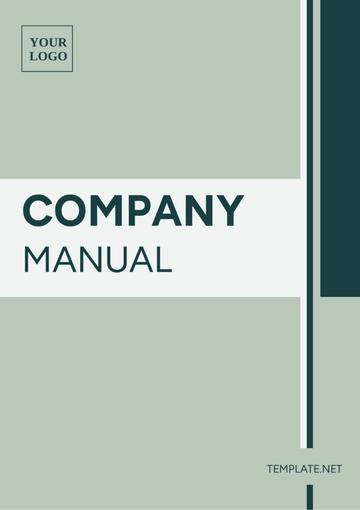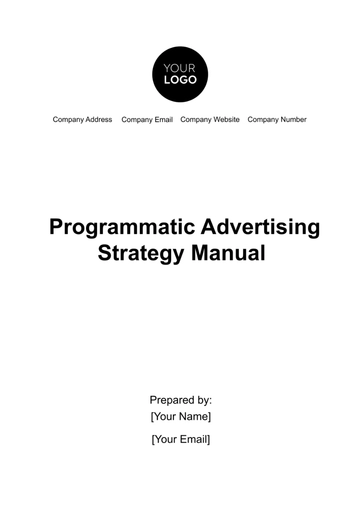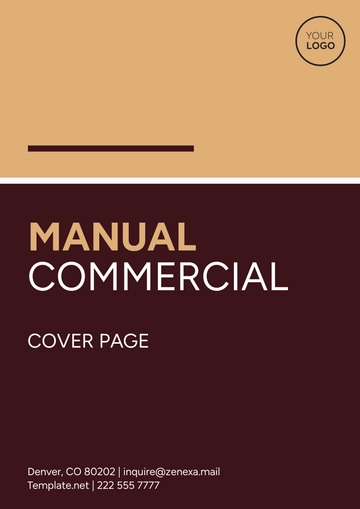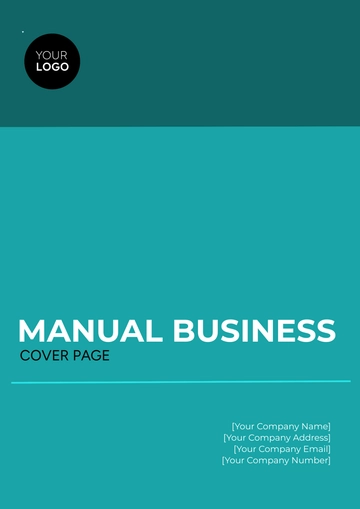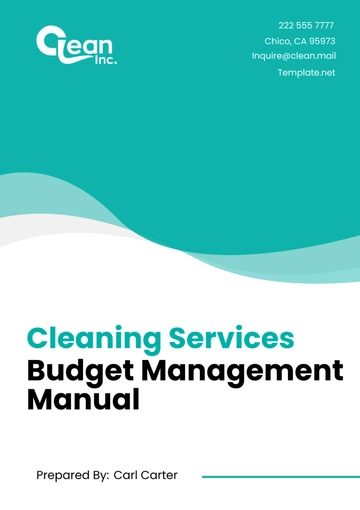Free MBA Manual
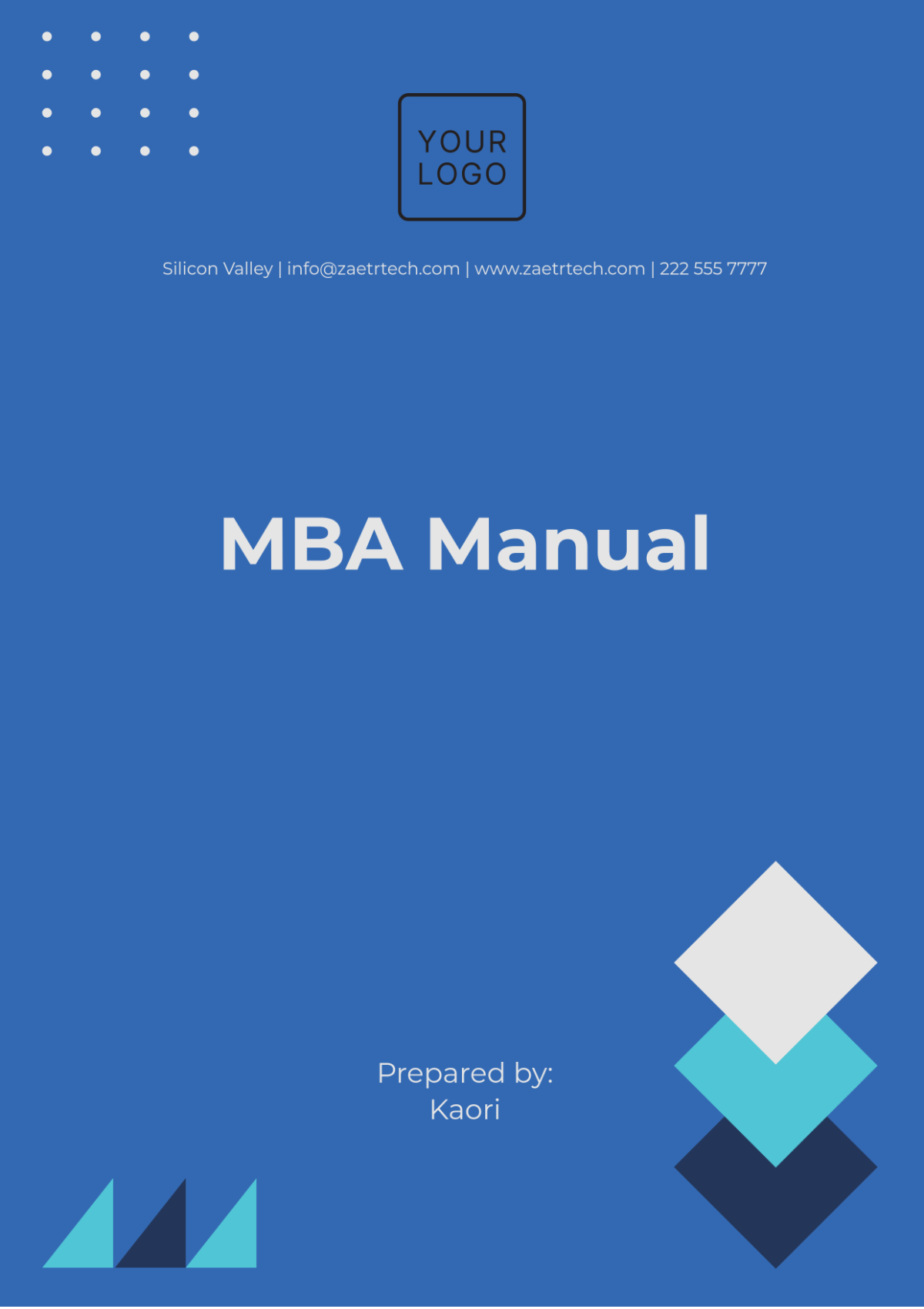
I. Introduction
A. Overview of the MBA Program
The Master of Business Administration (MBA) at [Your Company Name] is designed to prepare future leaders and innovators for the dynamic and competitive global business landscape. Our comprehensive program equips students with the knowledge, skills, and tools necessary to thrive in various managerial and leadership roles across different industries.
The curriculum incorporates core business concepts, including finance, marketing, operations, human resources, and strategic management, while allowing for specialization in areas such as technology management, entrepreneurship, and international business. Graduates will leave with the ability to manage business complexities, drive innovation, and make data-driven decisions that benefit their organizations.
B. Purpose of the Manual
This manual serves as a comprehensive guide for students, faculty, and administrative staff involved in the MBA program at [Your Company Name]. It outlines the program’s objectives, admission requirements, academic structure, policies, and available resources. The intent is to foster a clear understanding of expectations and facilitate smooth progress throughout the duration of the program.
II. MBA Program Objectives
A. Development of Strategic Thinking and Leadership Skills
The MBA program at [Your Company Name] aims to develop strategic thinking and leadership capabilities by exposing students to real-world business challenges and case studies. Students will learn how to:
Analyze and interpret complex business environments.
Formulate long-term strategies that align with organizational goals.
Lead diverse teams and projects in a dynamic workplace.
B. Mastery of Core Business Disciplines
Students will gain mastery over the foundational disciplines essential for business management, including finance, marketing, accounting, operations, and economics. By the end of the program, students will be able to:
Interpret financial statements to guide investment and operational decisions.
Design and implement effective marketing strategies.
Optimize operational processes to increase efficiency and reduce costs.
C. Emphasis on Innovation and Entrepreneurial Skills
The program encourages an entrepreneurial mindset by fostering innovation and critical thinking. Students will:
Learn to identify market opportunities and develop new business models.
Understand the steps involved in launching and scaling startups.
Develop an innovation-oriented mindset applicable to both startups and established organizations.
D. Global Business Perspective
Given the increasingly interconnected world economy, the MBA program places a strong emphasis on global business. Students will develop an understanding of:
International markets and global supply chains.
Cross-cultural communication and leadership.
Strategies for entering and competing in international markets.
III. Admission Requirements
A. Eligibility Criteria
To be eligible for admission to the MBA program at [Your Company Name], applicants must meet the following criteria:
A bachelor’s degree from an accredited institution.
A minimum GPA of [3.0] on a 4.0 scale.
A minimum of [2] years of professional work experience, preferably in managerial or supervisory roles.
English language proficiency for international applicants (TOEFL score of [100] or IELTS score of [7.5]).
B. Application Process
The application process involves several steps, including the submission of:
Completed Application Form: This can be accessed and submitted through [Your Company Website].
Personal Statement: A [1,000-word] essay outlining the applicant's career goals, motivation for pursuing an MBA, and why they are a good fit for [Your Company Name].
Resume/CV: A detailed professional resume highlighting work experience and relevant achievements.
Letters of Recommendation: Two letters of recommendation from employers, professors, or colleagues who can speak to the applicant's qualifications and leadership potential.
GMAT/GRE Scores: A valid GMAT score of at least [650] or an equivalent GRE score. Applicants with more than [10] years of relevant professional experience may request a waiver.
IV. Program Structure
A. Duration of the Program
The MBA program is designed to be completed within [24] months for full-time students. Part-time students have the flexibility to complete the program within [36] months, allowing for work-life balance and career continuity.
B. Credit Hours
The program requires the successful completion of [60] credit hours, distributed across core courses, electives, and a capstone project. These credit hours are broken down as follows:
Course Type | Credit Hours |
|---|---|
Core Courses | [30] |
Elective Courses | [24] |
Capstone Project | [6] |
Total | [60] |
C. Core Courses
The core courses lay the foundation for business management. The following courses are mandatory for all MBA students:
Strategic Management (3 credit hours)
This course examines how businesses formulate, implement, and evaluate strategies to maintain a competitive edge.
Financial Management (3 credit hours)
Provides a comprehensive understanding of financial principles, including capital budgeting, risk management, and financial decision-making.
Operations Management (3 credit hours)
Focuses on the processes that produce and deliver products and services. Topics include process analysis, supply chain management, and quality control.
Marketing Management (3 credit hours)
Covers marketing strategy, consumer behavior, product development, and digital marketing trends.
Managerial Economics (3 credit hours)
Explores micro and macroeconomic concepts relevant to business decision-making.
Organizational Behavior (3 credit hours)
Studies the behavior of individuals and groups within organizations, with a focus on motivation, leadership, and team dynamics.
D. Elective Courses
Students must choose from a variety of electives, which allow them to specialize in areas of interest such as:
Entrepreneurship and Innovation (3 credit hours)
Students explore the process of creating, developing, and scaling new ventures.
Global Business and International Markets (3 credit hours)
Examines international trade, global market entry strategies, and the impact of cultural differences on business.
Technology Management (3 credit hours)
Focuses on managing technological innovations and leveraging technology to gain a competitive advantage.
Corporate Governance and Ethics (3 credit hours)
Discusses corporate responsibility, ethical leadership, and governance structures.
E. Capstone Project
The Capstone Project is a culminating experience that allows students to apply their knowledge to a real-world business challenge. The project involves:
Identifying a business problem or opportunity.
Conducting market research and data analysis.
Proposing a comprehensive business solution.
Presenting findings to faculty and industry professionals.
V. Assessment and Grading
A. Grading Scale
The MBA program follows a standard grading scale as outlined below:
Grade | Percentage | Grade Points |
|---|---|---|
A | [90-100]% | [4.0] |
B | [80-89]% | [3.0] |
C | [70-79]% | [2.0] |
D | [60-69]% | [1.0] |
F | Below [60]% | [0.0] |
B. Assessment Methods
Assessment in the MBA program is multi-faceted and includes:
Examinations – Written exams assess students' understanding of course material. Exams account for [50%] of the final grade in most courses.
Case Studies – Students analyze real business scenarios to apply theoretical knowledge. Case studies represent [20%] of the overall grade.
Group Projects – Collaborative projects foster teamwork and simulate real-world business challenges, comprising [15%] of the final grade.
Class Participation – Active engagement in class discussions contributes to [10%] of the overall grade.
Capstone Project Evaluation – The capstone project is evaluated based on the originality of the solution, the quality of the research, and the presentation. It accounts for [5%] of the total program score.
VI. Academic Policies
A. Attendance Policy
Attendance in all classes is mandatory. Students must attend at least [80%] of scheduled classes to qualify for final assessments. Exceptions are granted for medical emergencies or personal circumstances, but documentation must be provided.
B. Academic Integrity
Academic integrity is of utmost importance at [Your Company Name]. Plagiarism, cheating, and any form of academic dishonesty will not be tolerated. Violations may result in:
A failing grade for the assignment.
Disciplinary action, including suspension or expulsion.
C. Leave of Absence
Students facing personal, health, or professional challenges may request a leave of absence from the program. Leaves can be granted for up to [12] months and must be approved by the program director. Students are required to submit a formal written request outlining the reasons for the leave.
D. Graduation Requirements
To graduate with an MBA degree, students must:
Complete all required credit hours with a minimum GPA of [3.0].
Successfully complete the Capstone Project.
Fulfill all financial obligations to [Your Company Name].
VII. Student Support Services
A. Career Services
The Career Services office provides students with resources to enhance their career prospects, including:
Career Counseling – One-on-one career counseling sessions to help students identify career goals and develop job search strategies.
Workshops – Regularly held workshops on resume writing, interview techniques, and networking skills. These workshops equip students with the tools they need to effectively market themselves in the job market.
Job Fairs and Networking Events – The Career Services office organizes job fairs and networking events, connecting students with potential employers and industry leaders. These events provide invaluable opportunities for students to engage with companies looking to recruit MBA graduates.
Internship Placement Assistance – Career Services also helps students find internships that align with their career goals, allowing them to gain practical experience and establish connections within their chosen fields.
B. Academic Advising
Each MBA student is assigned an academic advisor who provides personalized guidance throughout their studies. Advisors assist students in:
Course Selection – Helping students select courses that align with their career aspirations and academic interests.
Academic Progress Tracking – Monitoring students’ academic performance and providing support to those who may be struggling.
Career Guidance – Offering insights and advice on career paths and professional development opportunities.
C. Mentorship Programs
[Your Company Name] offers mentorship programs that connect students with experienced professionals and alumni. Mentors provide guidance, share industry insights, and help students navigate their career paths. The mentorship program includes:
One-on-One Meetings – Regular meetings between students and their mentors to discuss career goals and development strategies.
Networking Opportunities – Mentors often facilitate introductions to key industry contacts, enhancing students’ professional networks.
Skill Development Workshops – Mentors may also lead workshops focused on specific skills, such as leadership, negotiation, or industry-specific knowledge.
D. Counseling and Wellness Services
Recognizing the importance of mental health and well-being, [Your Company Name] provides counseling and wellness services to support students throughout their academic journey. These services include:
Individual Counseling – Confidential counseling sessions to address personal, academic, or emotional challenges.
Workshops on Stress Management – Workshops aimed at teaching students techniques for managing stress and maintaining work-life balance.
Peer Support Groups – Opportunities for students to connect with peers facing similar challenges, fostering a supportive community.
VIII. Resources and Facilities
A. Library and Research Facilities
The [Your Company Name] library offers extensive resources to support students’ academic and research needs, including:
Online Databases – Access to a variety of academic journals, articles, and case studies relevant to business and management.
Study Spaces – Quiet study areas, group study rooms, and collaborative workspaces equipped with technology for presentations and discussions.
Research Assistance – Librarians are available to assist students in locating resources and conducting research.
B. Technology Resources
The MBA program is supported by state-of-the-art technology resources, ensuring students have access to the tools necessary for success. Key resources include:
Learning Management System (LMS) – An online platform where students can access course materials, submit assignments, and engage in discussions with classmates and instructors.
Computer Labs – Fully equipped computer labs with up-to-date software for data analysis, presentation, and design.
Virtual Collaboration Tools – Access to virtual collaboration tools that facilitate group work and communication among peers.
C. Classrooms and Learning Spaces
[Your Company Name] provides modern classrooms and learning environments designed to enhance the learning experience. Features include:
Smart Classrooms – Equipped with advanced audio-visual technology to support interactive learning and presentations.
Flexible Seating Arrangements – Classrooms with flexible seating arrangements to promote collaboration and active participation.
Breakout Rooms – Dedicated spaces for group discussions and project work.
D. Student Organizations and Clubs
Engagement in student organizations and clubs enriches the MBA experience by fostering leadership, networking, and professional development opportunities. Some of the organizations include:
MBA Association – A student-led organization that promotes community and networking among MBA students.
Professional Development Club – Focuses on organizing workshops, guest lectures, and networking events to enhance students' career prospects.
Entrepreneurship Club – Supports students interested in starting their own businesses by providing resources, mentorship, and networking opportunities.
IX. Financial Information
A. Tuition and Fees
The cost of the MBA program at [Your Company Name] is structured to provide transparency and aid in financial planning. The breakdown of tuition and fees is as follows:
Item | Amount |
|---|---|
Tuition (per credit hour) | $[1,200] |
Total Tuition (for [60] credit hours) | $[72,000] |
Application Fee | $[100] |
Student Services Fee | $[200] annually |
Graduation Fee | $[150] |
B. Financial Aid and Scholarships
[Your Company Name] offers various financial aid options to assist students in funding their education. These options include:
Merit-Based Scholarships – Scholarships awarded based on academic excellence, leadership potential, and professional achievements. Scholarships can cover up to [50%] of tuition costs.
Need-Based Financial Aid – Assistance available for students demonstrating financial need. Students must submit a Free Application for Federal Student Aid (FAFSA) to be considered.
Graduate Assistantships – Opportunities for students to work within the university while pursuing their degree, providing both financial support and valuable experience.
C. Payment Plans
To ease the financial burden, [Your Company Name] offers flexible payment plans, allowing students to:
Installment Payments – Pay tuition in monthly installments instead of a lump sum.
Deferred Payments – Options to defer payments until after graduation for qualifying students.
- 100% Customizable, free editor
- Access 1 Million+ Templates, photo’s & graphics
- Download or share as a template
- Click and replace photos, graphics, text, backgrounds
- Resize, crop, AI write & more
- Access advanced editor
Create a comprehensive guide with the MBA Manual Template from Template.net. This editable and customizable template allows you to document essential MBA policies, procedures, and academic guidelines. Use our Ai Editor Tool to personalize it, ensuring it aligns with your institution’s specific requirements.
